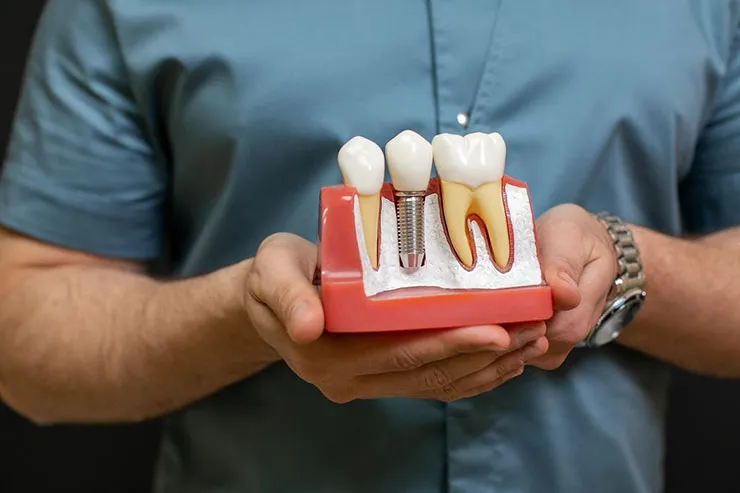Periodontal & Dental Implant Specialists
What is a Periodontist?
A periodontist is a dental specialist focusing on the management, diagnosis, and prevention of periodontal disease, which is a persistent inflammatory condition impacting the gums and the supporting bone structure of teeth, commonly referred to as gum disease. Periodontists are also skilled in the installation of dental implants. They undergo an additional three years of advanced education after completing dental school to acquire the necessary expertise in these fields and more.
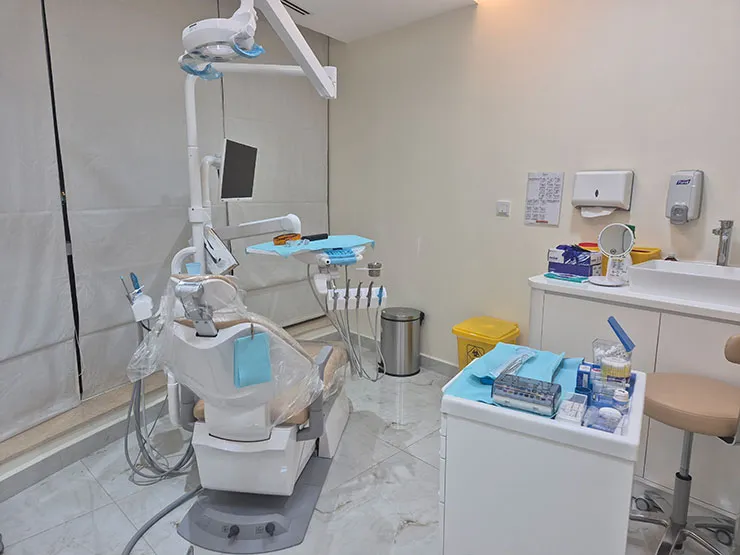
Best Periodontist In Dubai
Our hygienists and general dentists are trained in diagnosing gum disease and referring it to our Best Periodontists in Dubai. They specialize in preventing, diagnosing, and treating periodontal diseases that affect the bones supporting teeth and gums. We specialize in the early diagnosis, prevention and treatment of Gum disease. Gingivitis is inflammation of gums caused by plaque and bad oral hygiene, if not treated, it leads to periodontal disease causing pain, mobility, and loss of teeth. Our hygienist along with the general dentist is trained in diagnosing gum disease and referring it to our periodontist. Dr. Konstantin is one of the Best Periodontists and provides the best.
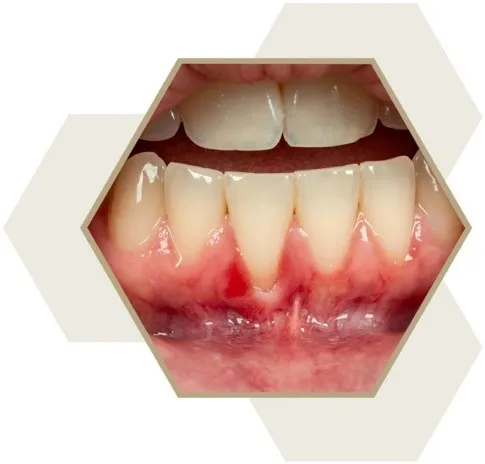
Causes Of Gum Diseases
The human mouth hosts numerous bacteria, which, along with other debris, create a persistently forming, colorless, sticky substance on teeth known as plaque. Regular brushing and flossing are essential practices for eliminating plaque. However, if plaque is not successfully removed, it can harden into tartar, a substance that can only be professionally removed by a dentist through a process called scaling. We educate and instruct our patients on fundamental oral hygiene practices, providing demonstrations on the proper methods for brushing and flossing. We also advocate for routine dental examinations for every individual to enhance their oral health.

Risk Factors
If you need further motivation to quit smoking, here’s an important one: smoking greatly raises your chances of developing gum disease, and it can also reduce the success rate of any treatments for this oral health issue. Additionally, women should be aware that hormonal changes can increase the sensitivity of gums, leading to a greater risk of gingivitis. For individuals with diabetes, there is an increased risk of infections, including those that can harm gum health. Those affected by AIDS and the medications prescribed for its treatment can also have a negative effect on the health of your gums. It’s also worth noting that a wide array of prescription and over-the-counter medications can reduce saliva flow, which is a natural protector of oral health.
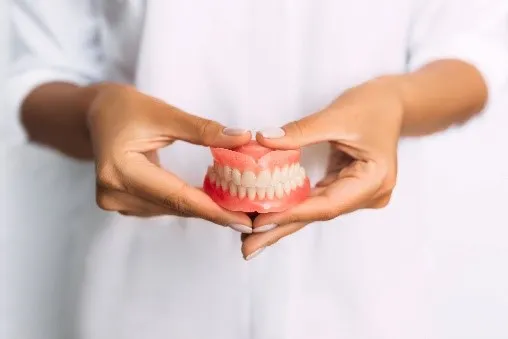
Periodontal Intervention
The initial treatment for periodontitis focuses on eliminating its main culprits: the buildup of dental plaque and calculus (tartar) above and below the gum line. The goal is to restore a healthy attachment between the teeth and the surrounding periodontal tissues, which consist of the gums and bone. Without treatment, the ongoing inflammation in these areas could increase the risk of developing heart disease. To manage pain during these procedures, patients usually receive a local anesthetic in the area being treated. Due to the detailed nature of scaling and root planing, only a quarter or half of the mouth is treated at a time. This approach is taken to avoid the discomfort and complications that could occur from anesthetizing the entire mouth in one go.
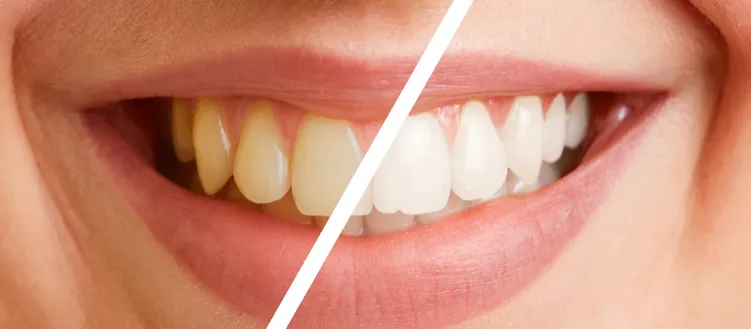
Treatment Effectiveness
The long-term effectiveness of scaling and root planing treatments is measured by a patient’s ability to sustain healthy periodontal conditions and avert further deterioration of bone or attachment levels after the procedure. Numerous elements affect the enduring success of these interventions, including the patient’s general health status, their compliance with prescribed treatments and ongoing care routines, the initial severity of the periodontal condition when treatment begins, the extent of periodontal pocket depths, and the presence of complex tooth anatomy like root grooves, depressions, and areas where the roots divide, which can hinder the complete elimination of tartar and debris. The more progressed the periodontal disease at the start, the more rigorous the actions required by the periodontist to stop the disease’s advancement and assist the patient in regaining oral health.
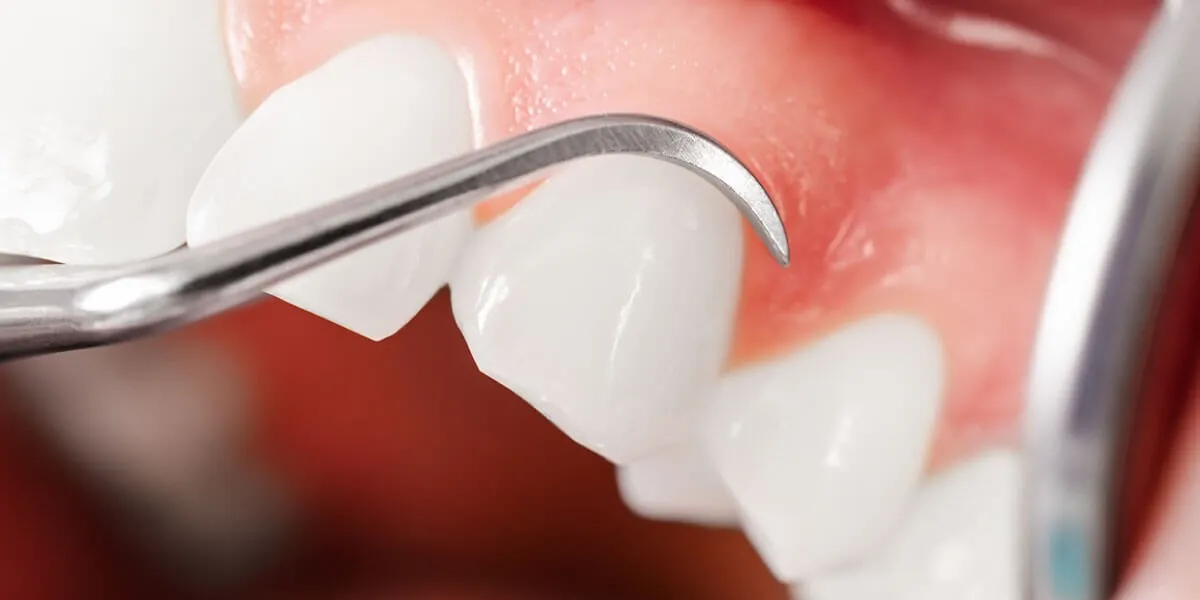
Best Periodontist In Dubai
After scaling, to further ensure the sterilization of periodontal tissues, an oral rinse with chlorhexidine gluconate solution can be performed. Chlorhexidine gluconate is known for its exceptional ability to adhere to oral tissues, meaning that its antibacterial properties persist even after the solution has been expelled from the mouth. This retention allows the active ingredients in chlorhexidine gluconate to penetrate the tissues and maintain their effectiveness for an extended duration. However, it is important to note that chlorhexidine gluconate is not intended for prolonged use.
To further aid in the healing of infected tissue post scaling and root planning, antibiotics tailored for the specific region can be placed within the periodontal pocket. These medications can permeate the tissues and eliminate bacteria in the gingiva, providing additional disinfection and promoting the healing process.


